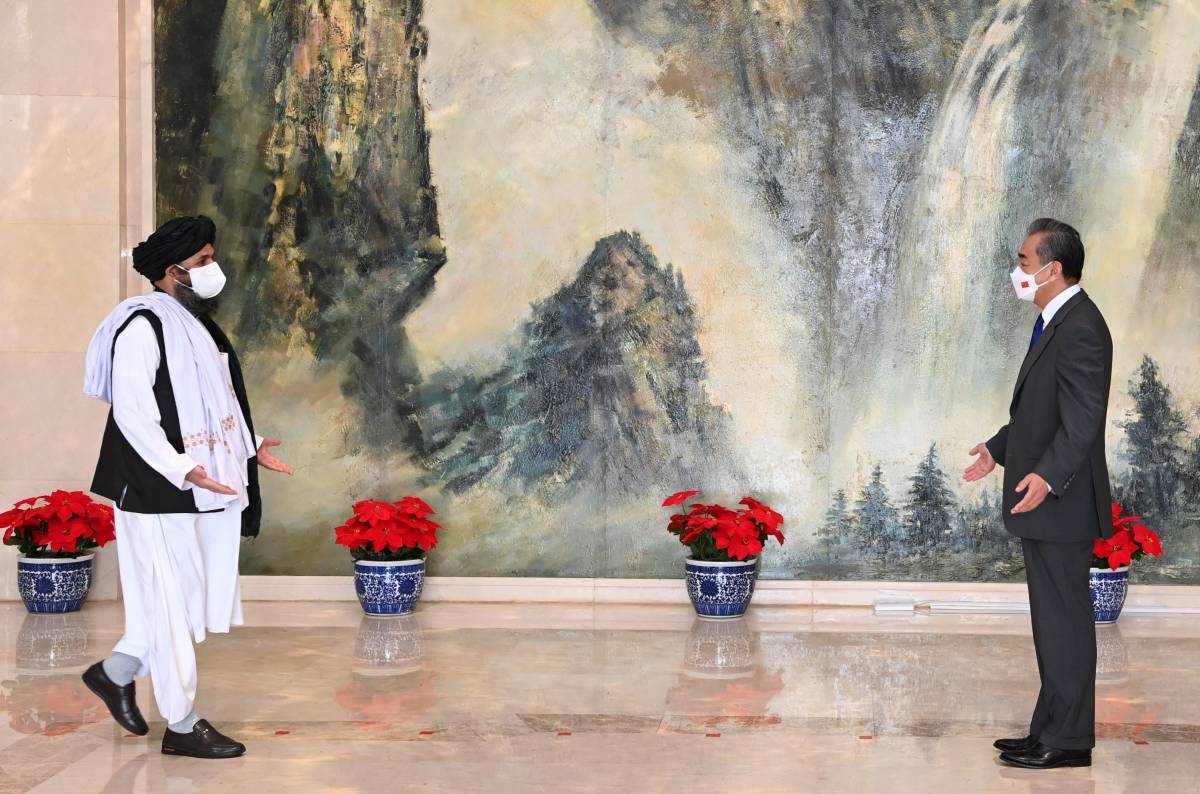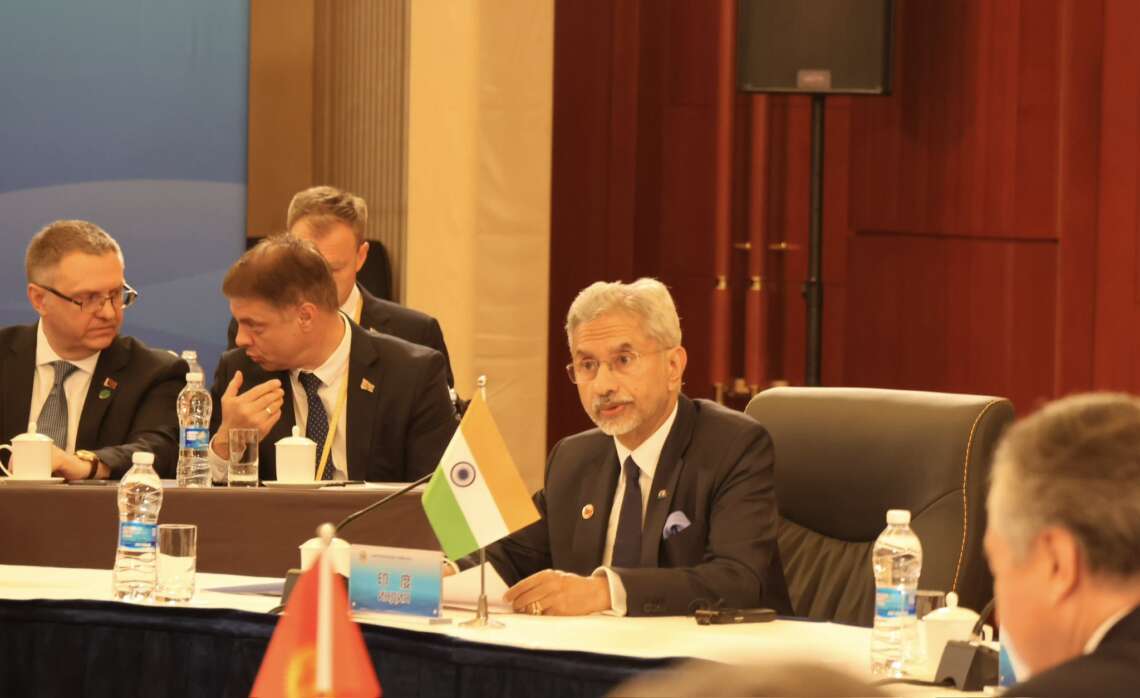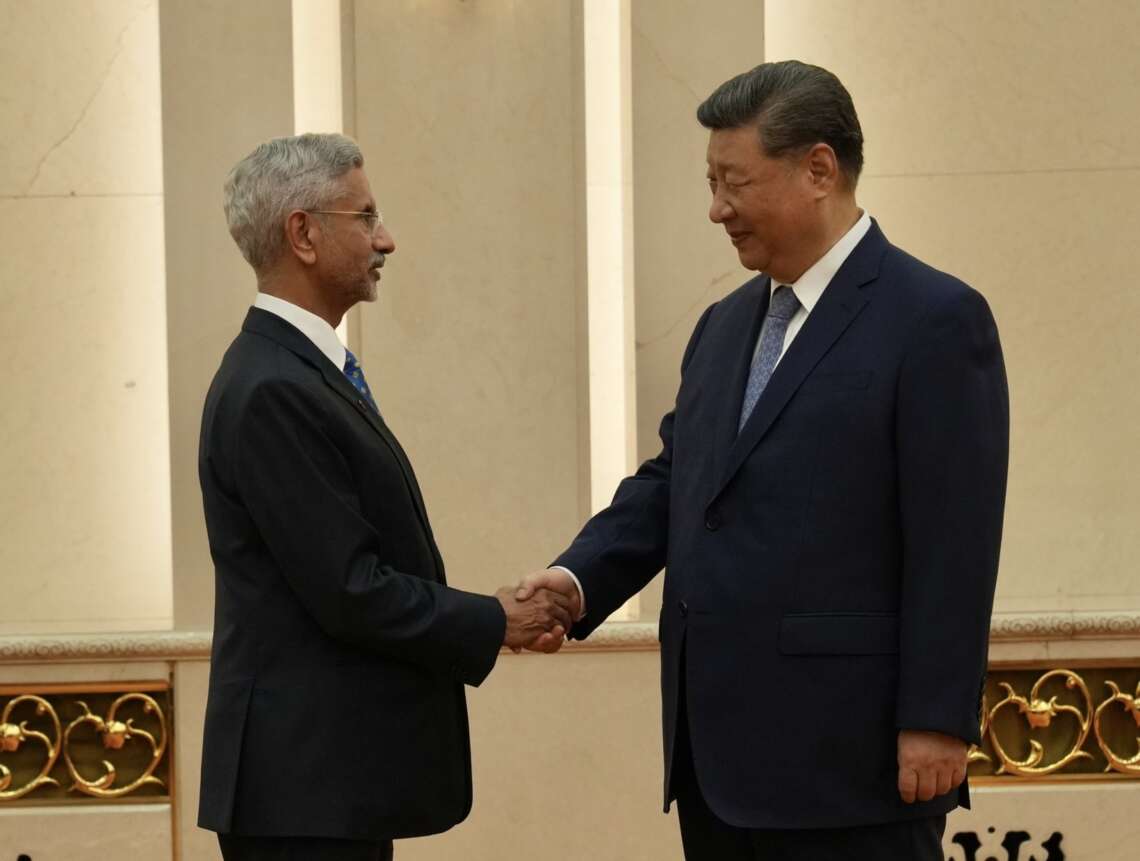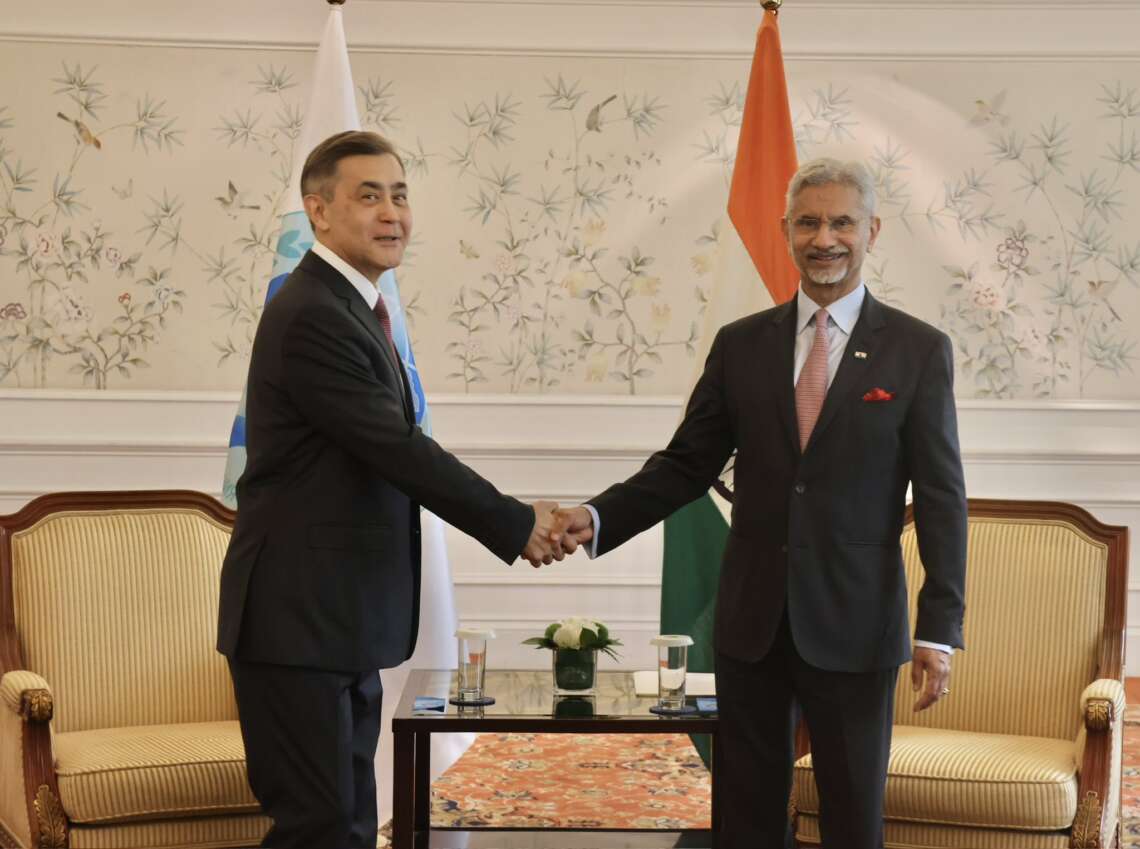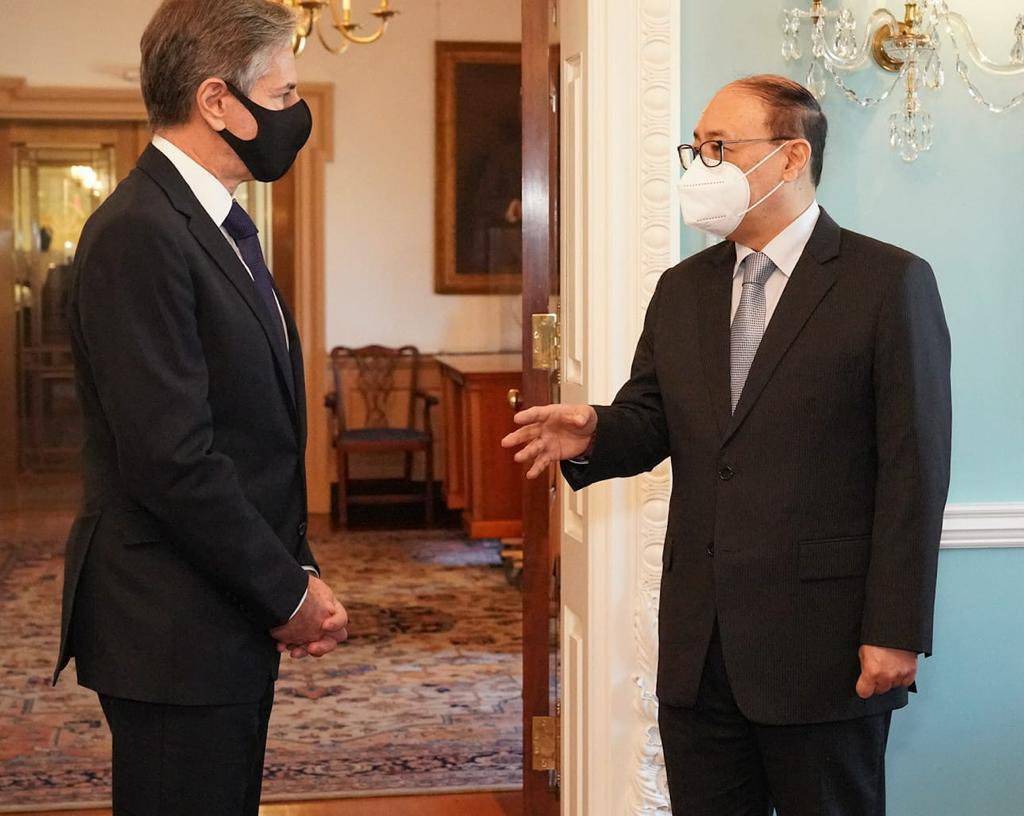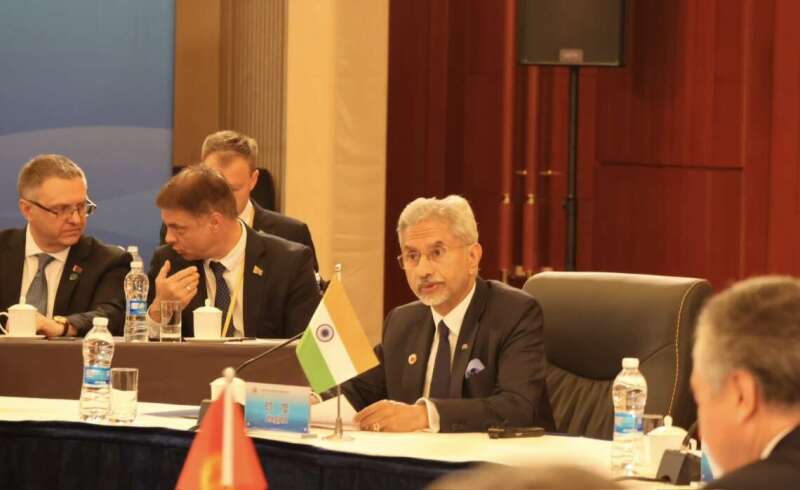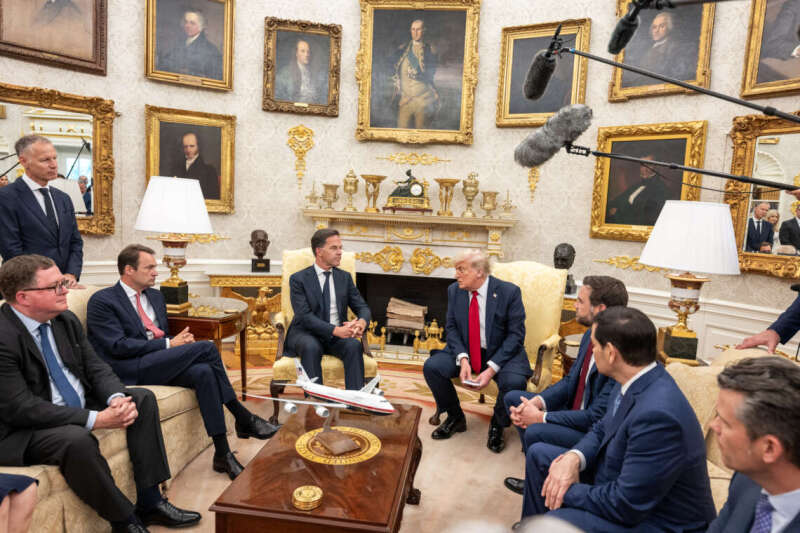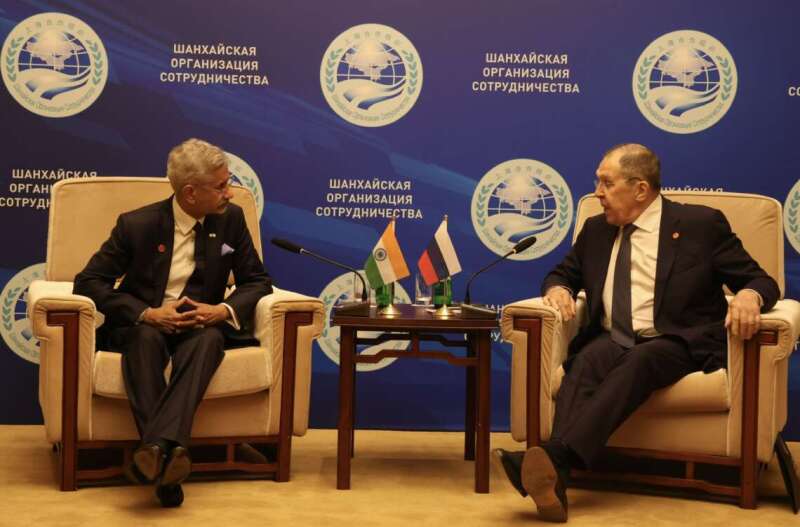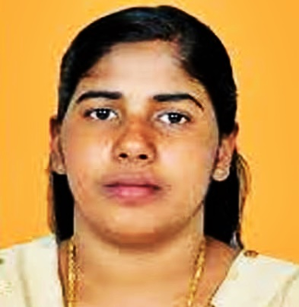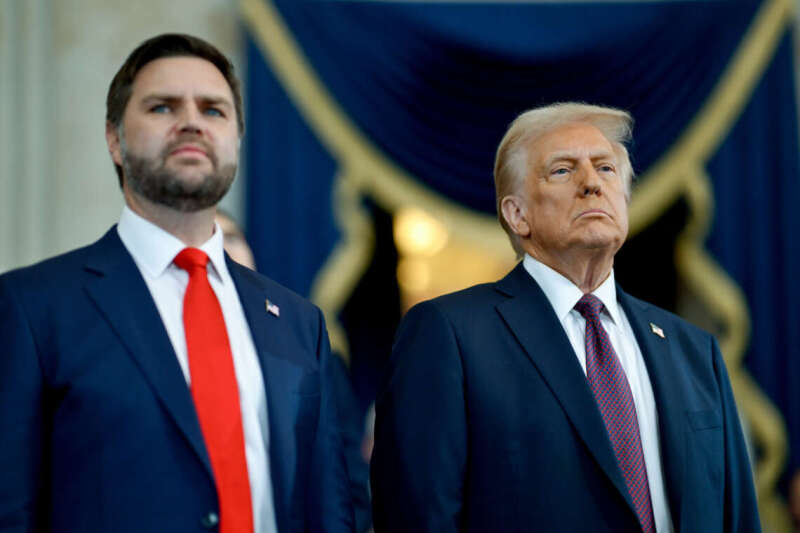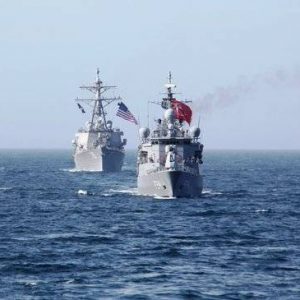The Taliban also announced that it will be joining Chinese president Xi Jinping’s ambitious project Belt and Road Initiative to revive the Ancient Silk route….reports Mrityunjoy Kumar Jha
Cash strapped Taliban says China will be its closest ally, and key partner in the “reconstruction” of the war-torn country.
The Taliban also announced that it will be joining Chinese president Xi Jinping’s ambitious project Belt and Road Initiative to revive the Ancient Silk route. In return, China will be allowed to fully tap Afghanistan’s mineral resources, copper, lithium and rare earth minerals–the feedstock of the electric-car revolution.
“China will be our main partner and represents a great opportunity for us because it is ready to invest in our country and support reconstruction,” group’s spokesperson Zabihullah Mujahid told the Italian newspaper La Repubblica. He said the New Silk Road, with which China wants to increase its global influence by opening up trade routes, was held in high regard by the Taliban leadership.
The spokesperson’s comments are part of mind-games targeting the west, which has expressed deep reservations on drawing Afghanistan into the global economic mainstream.
There are “rich copper mines in the country, which, thanks to the Chinese, can be put back into operation and modernised. In addition, China is our pass to markets all over the world.”
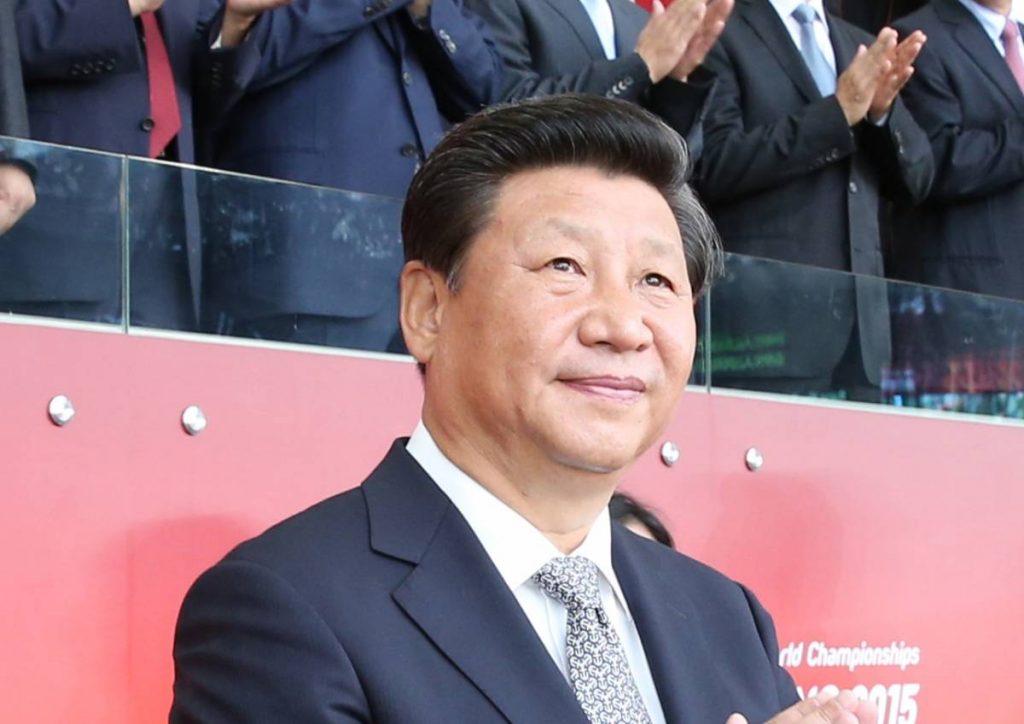
After the Doha agreement for the US withdrawal from Afghanistan, Taliban leaders have been expanding their diplomacy from their base in Doha. Among the dozens of bilateral and multilateral meetings with officials from the US, Iran, Pakistan, Saudi Arabia and Russia, the group’s engagement with China stands out the most.
The Taliban and China are not exactly new partners. They have a working relationship that stretches back at least a decade. In 2016, for instance, the militant group gave Beijing the green light to mine in Afghanistan’s Mes Aynak copper mine and assured the Chinese that it was committed to safeguarding “national projects that are in higher interest of Islam and the country.”
During the July meeting, amid the Taliban’s fight with the then Afghan government, Chinese Foreign Minister Wang Yi’s hosted Taliban leader Mullah Abdul Ghani Baradar in Tianjin. While China shows an inclination to recognise the Taliban, it is also seeking iron-clad guarantees from the group to prevent use of the Afghan soil by Uyghur insurgents to target China.
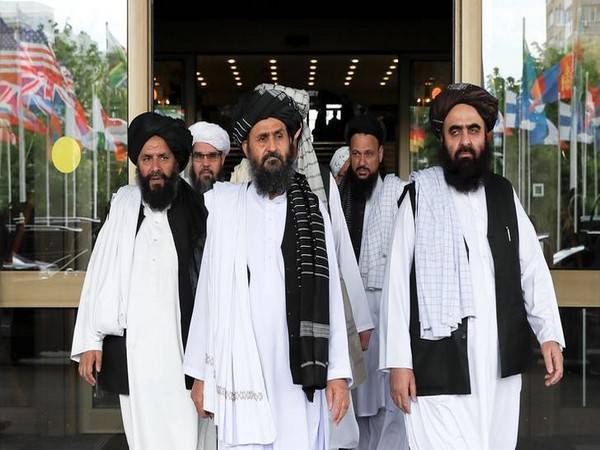
The Chinese have acknowledged that the Taliban would play “an important role in the process of peaceful reconciliation and reconstruction” of Afghanistan. Sharing a narrow border of 47 miles along the Wakhan corridor, China views Afghanistan as a strategically important neighbour on at least three fronts: minerals and rare-earth materials, trade routes and the Belt and Road Initiative (BRI), and the Uyghur minority group. Meanwhile, Chinese foreign direct investment (FDI) into the country could provide Beijing an additional source of geopolitical leverage.
Nevertheless, the Chinese have serious reservations about Taliban’s close links with many terror groups such as Al-Qaeda and China’s banned organisation, the East Turkestan Islamic Movement (ETIM).
After the Taliban’s takeover of the country, the Chinese ambassador to Afghanistan Wang Yu was the first foreign representative to meet Mullah Baradar in Kandahar. During the meeting, he reminded Baradar to fulfil his promises– break off with all terrorist organizations, firmly crack down on ETIM, and address obstacles that hinder regional security and development cooperation.
Despite all the attractions of being in the driver’s seat in the Afghan geopolitical cockpit, the Chinese also certainly don’t want to be listed as a country to be consumed by Afghanistan — the Graveyard of Empires.
(The content is being carried under an arrangement with indianarrative.com)


